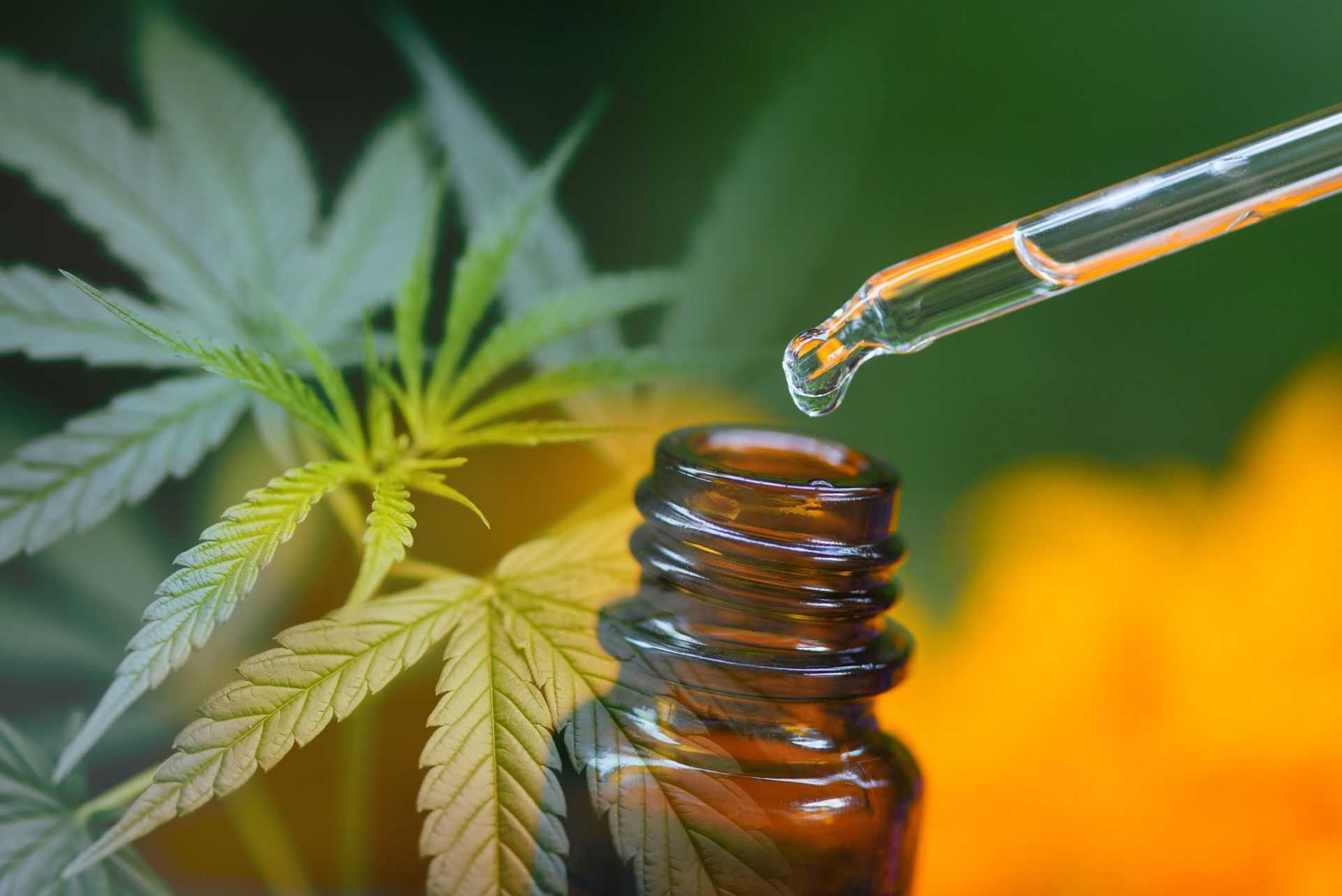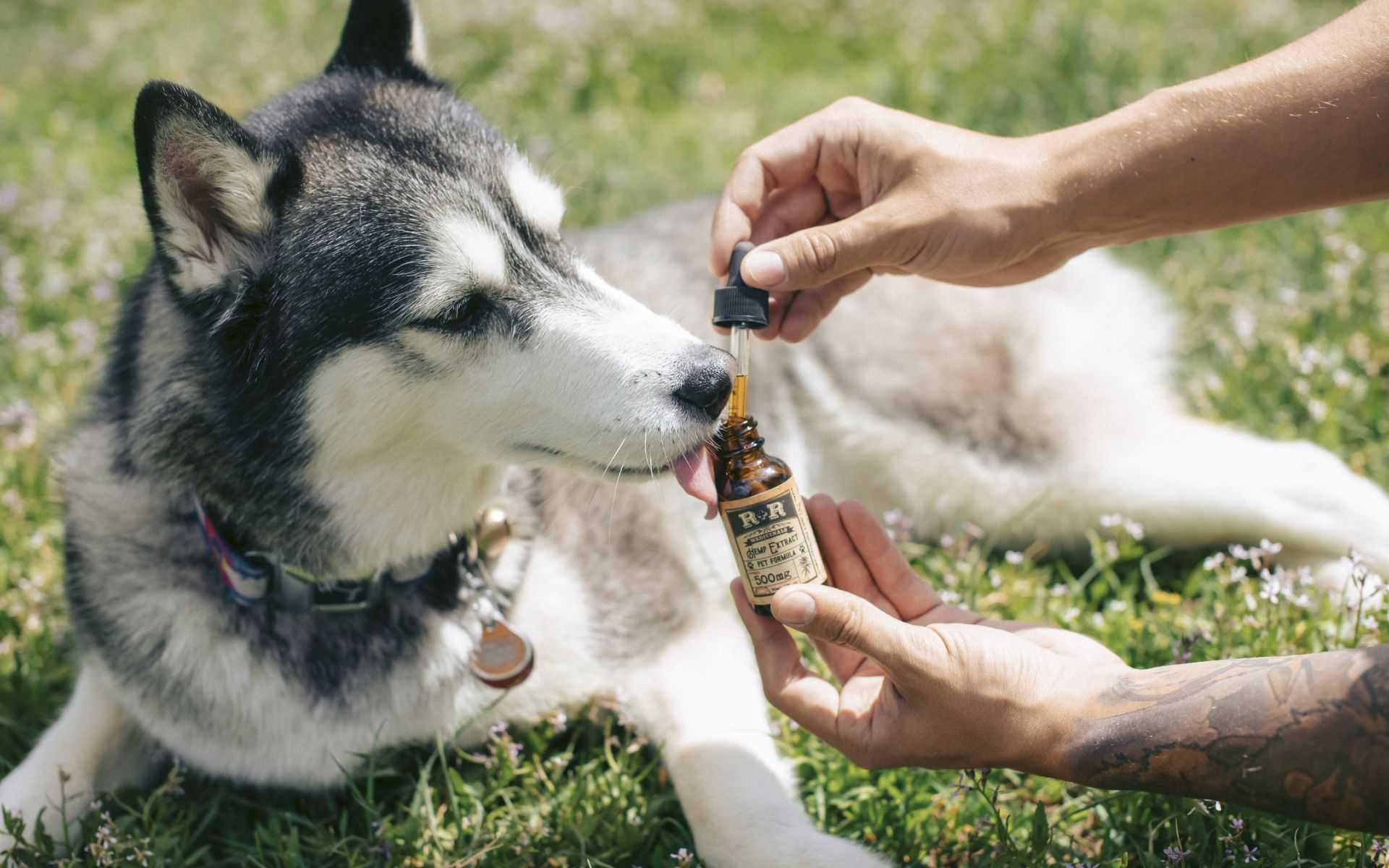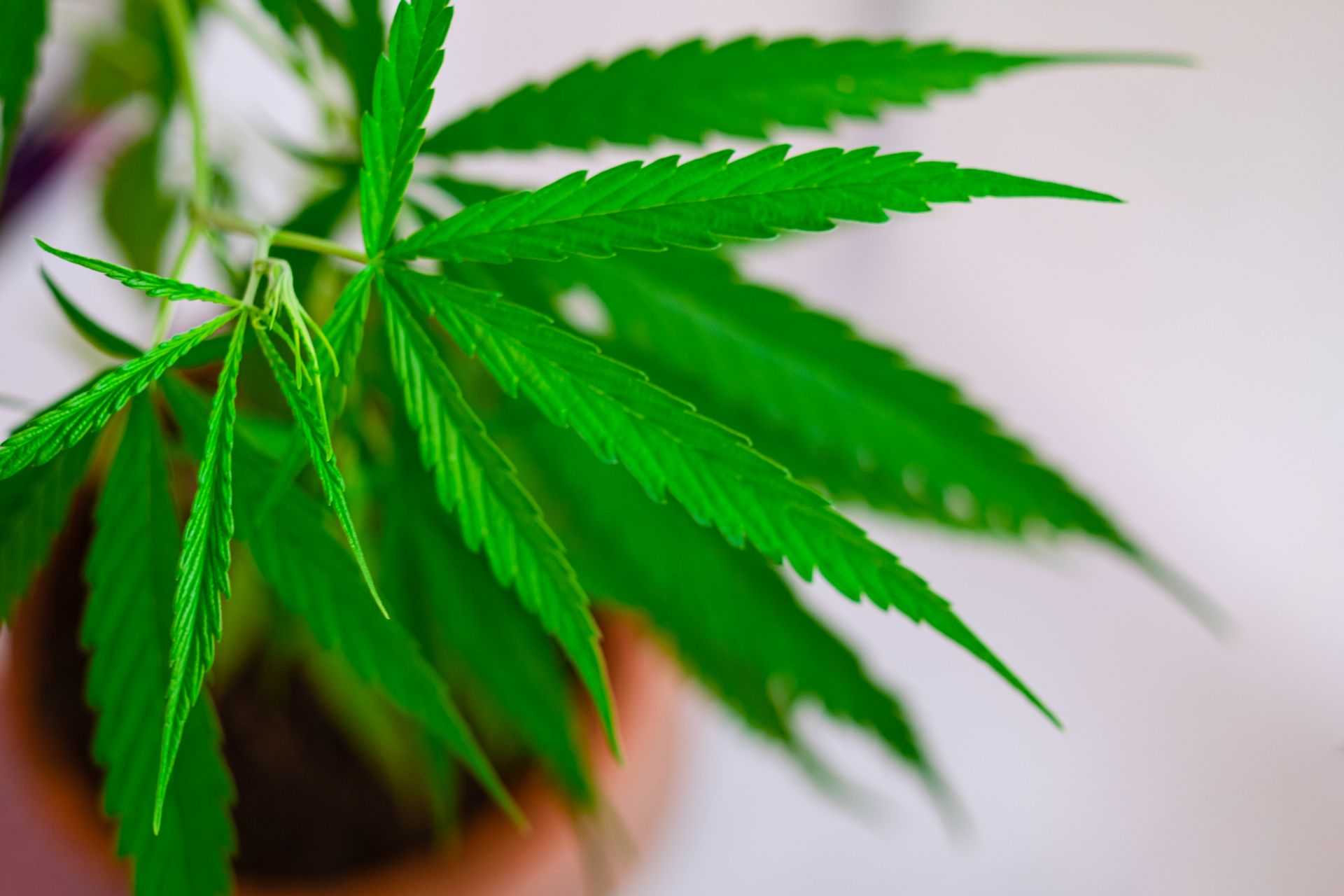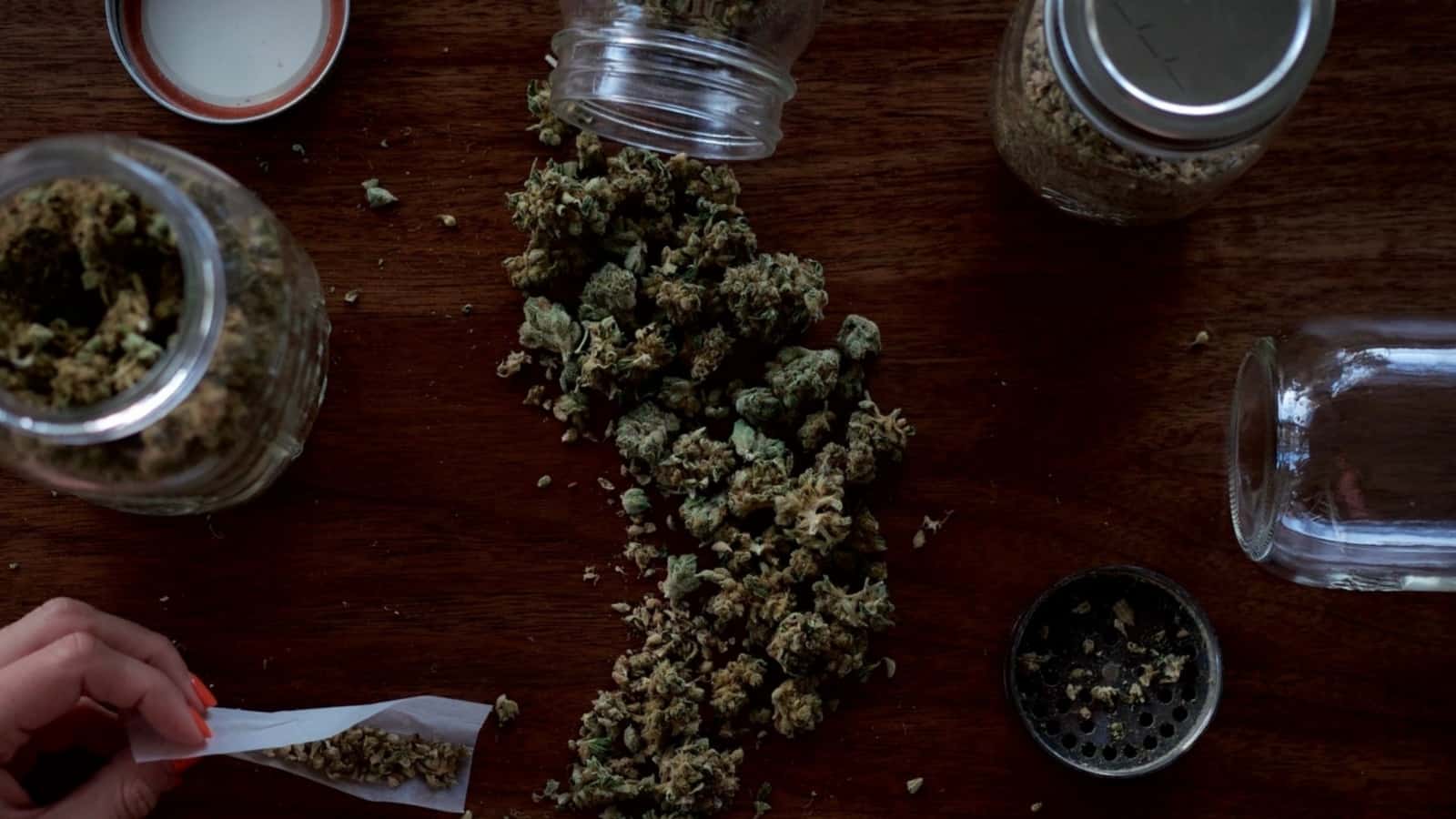
Cannabis Pets Guide: Weed For Cats & Dogs
- Medical cannabis for animals
- The effects of Cannabis (CBD) on your pets
- How does cannabis help animals?
- How cannabis helps animal behaviour problems
- Medicinal cannabis (CBD) for dogs
- Medicinal cannabis (CBD) for cats
- Medicinal cannabis pet products for cats and dogs
- Conclusion
Australia has been focusing on the medical benefits of cannabis (CBD & THC oils), but why is no one talking about weed treating epilepsy, arthritis or chronic pain in dogs and cats?
Yes; pets (cats, dogs, birds, etc.) can access medical cannabis. Full-spectrum Cannabis oil that includes CBD and THC can be prescribed by a vet. Medical marijuana is classed as a scheduled drug in Australia. Only doctors can prescribe medical marijuana and pharmacists can provide you with the CBD or THC oils.
Understanding what medicinal cannabis is, what type of cannabis is best for cats and dogs and what kind of products can help your pet is important, but always consult with a medical professional before treating your pet.
Table of Contents.
Medical cannabis for animals
Cannabinoids have been studied for such diverse diseases such as PTSD, anxiety, depression, inflammatory bowel disease, cancer, chronic pain, neurodegenerative diseases, and epilepsy.
Research is mostly focused on medical cannabis as a potential therapy in human ailments.
Before being tested on humans, a drug must first be experimented on animals, typically rats or mice.
However, just because THC or CBD might have beneficial effects on the health of rodents does not necessarily mean that it would inevitably translate to other animals such as dogs and cats.
What would be the pathologies or symptoms that could be relieved by veterinary medicines based on cannabis extracts?
Extrapolating from human medicine, cannabis could be relevant in chronic neuropathic pain refractory to conventional treatments, for example in cases of syringomyelia, feline hypersensitivity syndrome (an exacerbated sensitivity of the different senses), certain chronic postoperative or cancerous pain, and palliative care.
As in humans, the addition of cannabidiol to standard epilepsy treatment for refractory cases also appears promising.
Finally, elderly cats and dogs with spastic and degenerative neuromuscular disorders may benefit from CBD.
The effects of Cannabis (CBD) on your pets

First of all, it is important to mention that the use of CBD for dogs, cats, and horses, even without physical or mental illness, can have beneficial impacts on their health. CBD for pets can have the following effects:
- calms and relaxes
- allows for a healthier digestion
- strengthens the immune system
- reduces anxiety and stress
- helps to relieve chronic pain
- improves neurological functions
- makes the animal more mobile and improves its level of activity
- provides precious comfort
How does cannabis help animals?
There is nothing worse than watching one’s dog, cat or horse suffering. Using cannabis CBD extracts for dogs, cats and horses to treat various problems are easier than ever before.
Cannabis can treat a large variety of illnesses, pain and disorders. Here is a brief list:
- anxiety (for example, when your dog is facing problems when being left alone at home
- infections
- pain
- indigestion and vomiting
- seizures (epilepsy)
- mental disorders
- chronic pain
- arthritis
How cannabis helps animal behaviour problems
Just like us, our pets can suffer from anxiety, bad moods, and fear of abandonment.
Unfortunately, they can’t always tell us the root of their suffering, so finding a way to calm their nerves with a minimum of side effects is an interesting proposition.
With the popularity of CBD for anxiety in humans, many pet owners are turning to non-psychoactive cannabinoids for their stressed pets.
Using cannabis in dog training and to treat behaviour problems is showing effective and positive results.
If you are considering giving CBD to your pet, it is a good idea to consult your veterinarian first.
They may know surprisingly little about cannabinoids, but it’s always a good idea to discuss this with them, especially if your dog or cat is taking other prescribed medications.
Research on the use of these products in human health is increasing. Is the same thing happening in animal medicine? What are the most striking results?
Medicinal cannabis (CBD) for dogs

The administration of CBD or Cannabidiol influences different facets of the animal’s health, such as memory, the sensation of pain and appetite, and mobility.
Also, since dogs seem to have more CB-1 receptors than any other animal, the administration of phytocannabinoids (cannabinoids produced by the plant) to activate these receptors is very promising given its high potential.
CBD may be useful in the case of:
- inflammation
- anxiety and stress
- lack of appetite
- arthritis
- chronic pain
- epileptic seizures or convulsions
- allergies and skin problems
Cannabis (CBD) treating osteoarthritis in dogs
The use of CBD to treat dogs suffering from chronic pain or arthritis is one of the most popular reasons why people give cannabinoids to their pets. That’s why the Cornell University team chose to study the safety and analgesic efficacy of CBD in dogs.
The results are promising. They found that CBD reduced pain and caused more significant activity in canine subjects.
Encouragingly, no short-term side effects were noted, making CBD a potentially safer alternative to the non-steroidal anti-inflammatory drugs (NSAIDs) commonly prescribed to pets with osteoarthritis.
In veterinary medicine, a study on the efficacy of CBD in arthritic dogs is available. The evaluations showed a significant decrease in pain and increase inactivity.
On the other hand, lameness scores and reactions to palpation of arthritic joints remained unchanged.
Cannabis (CBD) treating epilepsy and preventing seizures in dogs
For thousands of years, the ability of cannabis to reduce seizures in patients has been noted by physicians. One of only two approved cannabis-based drugs is aimed at reducing seizures in children with rare forms of epilepsy.
Unfortunately, epilepsy can also affect our pets, especially dogs with idiopathic epilepsy.
Like humans, they don’t always respond to conventional medications prescribed by their veterinarian and their owners turn to CBD oil as a natural alternative.
Anecdotal reports describing the effects of CBD on seizure reduction in dogs prompted Dr Stephanie McGrath of the University of Colorado to undertake a small pilot study on 16 dogs of different breeds and sizes.
Nine dogs received whole vegetable CBD oil and seven dogs were in the placebo control group.
McGrath found that 89% of dogs treated with CBD experienced a reduction in seizure frequency.
Will we be able to improve the quality of life of animals suffering from epilepsy or reduced mobility (common in older animals)?
This may be done by stimulating their appetite or calming them in stressful situations, such as excessive noise or light, fireworks, travel or thunderstorms (situations that any animal lover knows well).
But let’s come to the point: can therapeutic cannabis be beneficial for our dogs?
To date, veterinary medicine has conducted three major studies on the use of therapeutic cannabis in dogs: on canine glaucoma, on the cell growth of certain types of cancer (see report here), and finally on PEA (an amino acid linked to inflammation and chronic pain).
The conclusions of these studies were positive, both for the decrease of intraocular pressure (in the case of canine glaucoma) and for slowing down tumour growth in certain types of cancer in dogs (canine osteosarcoma).
The effects of cannabis (CBD) in Dogs

Choosing to administer CBD to your dog can be a complicated process. Although we strongly recommend that you discuss this with your veterinarian, not all veterinarians will necessarily be comfortable with the idea of recommending, or assisting and monitoring, the implementation of treatment involving CBD.
While some veterinarians have already looked into medicinal cannabis, many others are not even aware of the medical applications.
As a result, some pet owners will find themselves the sole decision-makers regarding dosage and observation of CBD-associated side effects in animals.
Retailers of dog treats and dog food with CBD tend to provide a recommended dosage based on the type and weight of the animal, but there are no official standards for this yet.
As always, it’s best to take things slowly at first and observe how your dog reacts to it.
Keeping a daily diary and/or video recording of your dog over several weeks can help you better put the progress of the treatment into perspective.
As you go along, you can gradually increase the dose of CBD if necessary, but don’t exceed the recommended daily dosage.
Keep in mind that CBD can alter the way other drugs are metabolized in the bodies of humans and other mammals, so be very careful if your dog is already on other medications.
How to get the right CBD dosage for your dog

Always consult with a medical professional when it comes to treating your pet or a person with medicinal cannabis.
The regular dose is 0.3mg of CBD per kilo (dog’s weight). So, for my dog who weighs 20kg, he is given 6 mg per day.
Formula: Weight of your dog in kg x 0.3 = number of mg per day.
The maximum dose not to be exceeded per day is 10 mg of CBD per kilo, for an adult dog.
Anecdotal evidence and early clinical studies show that the side effects of CBD in humans and dogs appear to be minimal. Yet, there are reports of other minor side effects such as dry mouth, decreased blood pressure, or drowsiness.
The 2018 report on cannabidiol by the World Health Organization states that: “CBD is generally well tolerated due to its high safety profile.
Although it is intended for humans and not dogs, this demonstrates the non-toxicity of CBD in mammals.
Medicinal cannabis (CBD) for cats

Cannabidiol (CBD) can also be beneficial for another of the most common pets, our feline friends. Logically, for a simple matter of weight, the dosages will be different from those used in dogs, and similarly, cats should not be given THC.
We may use CBD to treat various conditions:
- cardiovascular problems
- arthritis and inflammation
- cancer
- chronic kidney disease
- diabetes
- hyperthyroidism
- appetite problems
- anxiety or stress
- convulsions
How can cannabis (CBD) help your cat?
Despite a growing body of evidence of the positive effects and potential applications of CBD, the field of medical research on cannabis remains relatively new.
Institutions are finally beginning to accept that a previously demonized substance has a wide range of therapeutic applications. This is why there are only a few studies of the CBD in cats. However, numerous initial reports support their therapeutic treatment.
Some of the disorders that CBD may relieve in cats include:
- behaviour problems (aggressive)
- loss of appetite
- anxiety
- stress
- chronic fatigue
- inflammation
- chronic pain
There are also more severe health problems for which cat owners have reported seeing good results from administering CBD.
These include common cat ailments such as arthritis, pancreatitis, inflammatory bowel disease and asthma, disorders where inflammation is often the root cause.
CBD is well known for its anti-inflammatory and analgesic properties, which helps to combat both the causes and symptoms of various disorders.
In humans, CBD is used to treat seizures, such as those experienced by patients suffering from a rare form of epilepsy called Dravet syndrome. Some evidence suggests that CBD is also useful in reducing seizures in cats.
The animal’s mobility can thus be improved, stress and anxiety reduced for the same reasons as those mentioned in the case of the dog. Also, the proper functioning of the gastrointestinal system will be facilitated, reducing pain, spasms and stimulating the appetite.
Are there any cannabis (CBD) side effects for cats?

There should beno negative side effects when you give CBD to your cat in appropriate doses. Too much can cause sedation in the cat, but nothing life-threatening.
Although CBD is generally safe to use, please be aware that cannabis or cannabis derivatives containing THC should never be administered.
Cats are sensitive to THC. While you may appreciate the high-flying effect of THC, your cat may find it extremely unpleasant.
Many pets’ owners report that CBD has helped them improve the health and well-being of their cat or dog.
This suggests that CBD may be a safe and effective way to treat your cat for a variety of health problems. So, give your cat CBD and let the results speak for themselves!
How to get the right CBD dosage for your cat
Always consult with a medical professional when it comes to treating your pet or a person with medicinal cannabis.
Cats are smaller in size than humans, which means that they will generally require a much lower dose of CBD than we do.
If you buy a CBD product that is specifically designed for cats, make sure you read the dosage recommendations provided with the product. You can also use CBD oils designed for humans, as long as you make sure you use a low dosage.
According to some veterinarians, 0.1-0.5 mg of CBD per kg for your cat is an ideal dose. Individual doses may vary depending on the specific conditions your cat suffers from, among other factors.
Remember that the best can be the enemy of the good. It’s always best to start with low doses to see how your cat responds first.
CBD dosage for common cat conditions
- arthritis: 0.5 mg/kg twice daily
- asthma: 0.5 mg/kg twice daily
- inflammatory bowel disease: 0.2 mg/kg twice daily
- pancreatitis: 0.1 mg/kg twice daily, gradually increasing to 0.5 mg/kg twice daily.
- chronic upper respiratory tract infections: 5 mg/kg twice daily
- seizures: 0.5 mg/kg twice a day, gradually increasing - the maximum dose to treat seizures can be up to 3 mg CBD per kg for your cat.
Be aware that CBD does not typically work instantly. It can sometimes take several weeks before you can see the effects on your pet. So, when you administer CBD, be patient and consistent, observe your cat so that you can determine the optimal dose over time.
In general, it’s a good idea to wait a week or two before increasing the dosage. Repeat this process following the recommendations until you see the effects.
Medicinal cannabis pet products for cats and dogs
Currently, the market offers a wide range of products rich in CBD, distributed as food supplements or cosmetics for human use: CBD oils or capsules, CBD creams, CBD suppositories, and even edibles. Also, these products generally contain other components with beneficial properties, such as terpenes, flavonoids, and vitamins, without psychoactive effects.
Conclusion

Finally, dogs and cats are not the only animals that can benefit from the therapeutic properties of cannabis. New studies demonstrating that pigs, chickens, monkeys, and rats have receptors identical to ours: cannabis treatments could thus prove to be an up-and-coming solution for many medical problems in animals.
Considering medical cannabis as an alternative treatment for a pet is a viable option when the owner treats these compounds with caution and great care.
It is crucial to differentiate between edible products intended for human consumption and cannabis products designed to be digested by a pet.
Otherwise, the health consequences may outweigh the therapeutic effects. Unlike humans, animals may not appreciate the psychoactive effects, making the use of CBD-rich oils and tinctures more advisable.
Medical cannabis provides a safe and non-toxic way to improve the quality of life of humans, it should be able to help reduce the suffering of our four-legged companions. It is worth a try when other drugs fail to achieve the desired effect.
If you ever decide to follow the CBD path with your animal, to alleviate specific symptoms, I would recommend that you seek the advice of a veterinarian to find a safe, labelled product that contains no THC.
I hope I have helped you understand a little more about the mechanics of this fascinating plant. It’s always a controversial subject, but also a fascinating one!

James King
James is an experienced writer and legal cannabis advocate in Australia. He answers all the questions about business, legalisation and medicinal cannabis.
Disclaimer: Cannabis Place are not doctors and we recommend consulting health professionals for accurate information. This site may contain information regarding drugs. This content is designed for an 18+ audience. Click here for our full disclaimer





